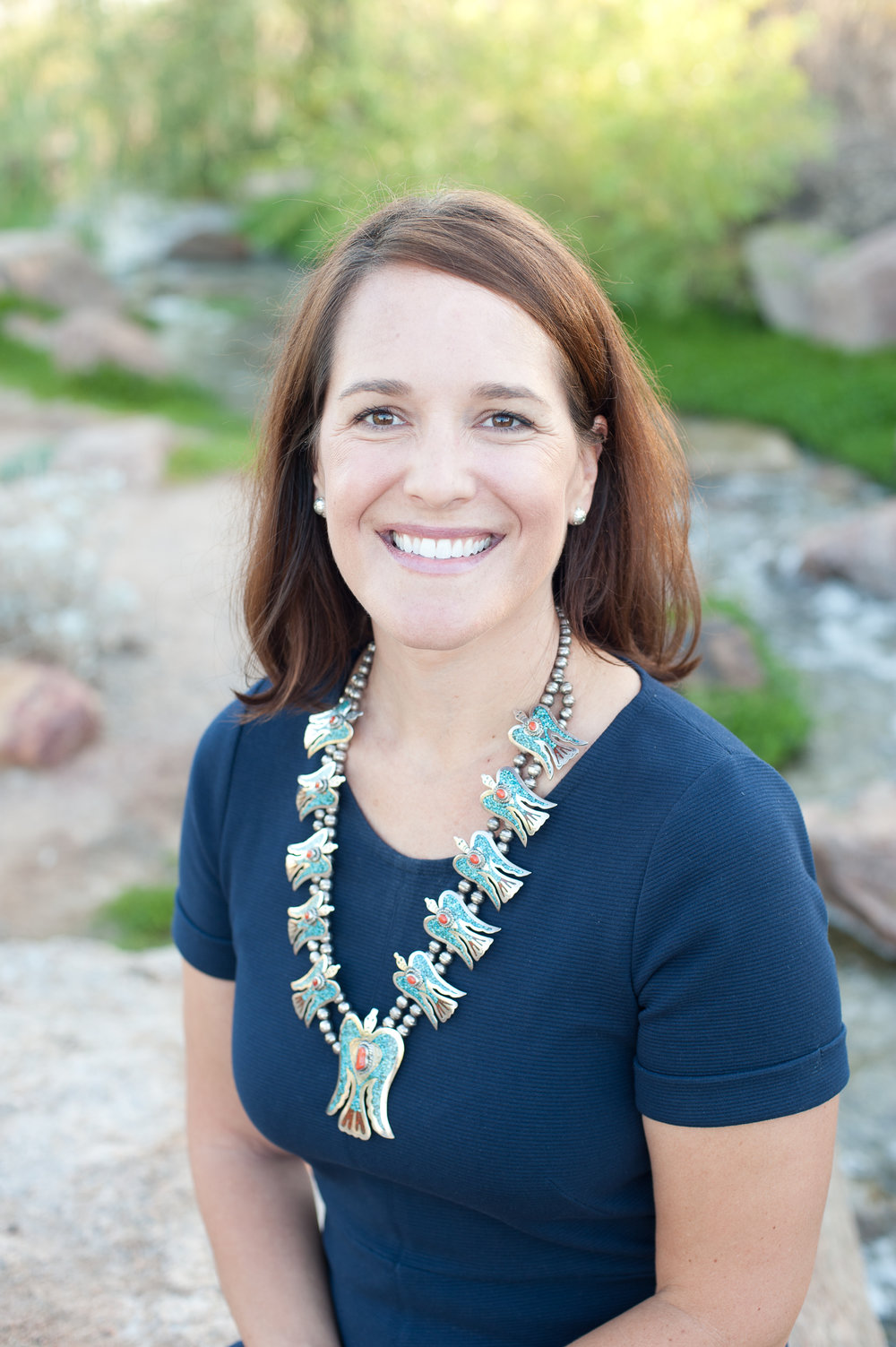Arizona’s Medicaid program is largely run under a ‘managed care’ model. AHCCCS contracts with several managed care organizations or MCOs. Those contracted MCOs are responsible for developing a network of providers and ensuring their enrolled members are able to get the healthcare services they’re entitled to receive.
AHCCCS’ main job is to make sure their contractors (the MCOs) are doing their job and following AHCCCS’ requirements (and to make sure taxpayers are getting their ‘money’s worth’ from AHCCCS’ contractors).
Moneywise, the system is largely a ‘capitated model’ meaning each contractor gets a certain amount of money per enrolled member per month. How much the MCOs get per person per month depends on the category the person is in.
For example, AHCCCS pays a certain amount of money per month to the contractors’ healthy kids without special needs. That would be a pretty low amount per member per month. Kids with special needs like developmental disabilities would come with a lot more money per month. Healthy adults would come in with a certain amount per month that would be modest… but that dollar figure is a lot higher for adults that have been diagnosed with a Serious Mental Illness for example.
You can see why regulatory oversight is so important! I mean the contractors get a certain amount per person per month and if they spend less than that per person, they will make a profit.
That would be a good thing if the MCO’s healthcare provider network is doing a good job keeping their enrolled people healthy by catching things early. But… if the managed care organization is making a profit because their network of providers is really thin, and people can’t find a doctor to make an appointment – that would be bad.
Likewise, if one of their contractors is making a lot of money because they aren’t providing needed services to their adults with a serious mental illness (like supported housing, supported employment etc.) then that would be super bad. After all – AHCCCS is paying them a certain amount per person per month with the expectation they’ll actually be providing those services. It’s also bad because the people entitled to those services unnecessarily suffer.
So you can see why it’s so important for AHCCCS to be a good ‘regulator’ and continually make sure that their contractors are doing their job, providing the required services, contracting with an adequate network of providers and that taxpayers aren’t getting ripped off.
One of the primary regulatory tools AHCCCS has are called Administrative Claims Financial and Operational policies aka “ACOMs”…. which are the things their contractors (MCOs) need to follow as a condition of getting AHCCCS money.
When contractors don’t comply with AHCCCS’ expectations they can impose an “Administrative Action” like a Notice of Concern, Notice to Cure, a mandate for a Corrective Action Plan, or financial sanctions. Here’s a summary of the various Administrative Actions takes to regulate their contractors.
See Guides & Manuals for Health Plans and Providers
From time-to-time AHCCCS makes changes to the expectations they have for their contractors. They do that by changing those ACOMs. Those changes can be very significant. Think about it. When AHCCCS changes the contractual expectations, it can affect the care that all 2.5 million persons enrolled in AHCCCS. Why? Because those changes affect the expectations AHCCCS has for their contractors – and those contractors will then change the expectations they have for their provider network – and ultimately the experiences AHCCCS members have.
Right now, AHCCCS has 27 of their ACOMs out for public comment. Here’s the website with the open ACOM modification proposals: AHCCCS ACOM Comment Portal. Five of the ACOM changes have comment deadlines this Thursday including changes in expectations for maternal and child health, services for folks with a serious mental illness (including eligibility determination), waste fraud and abuse and how they’ll assign new members to contractors (MCOs)
It’s important for people who are ‘in the know’ to keep up with the proposed changes and provide comments to AHCCCS – as some of the changes to these ACOM expectations can have profound impacts on how services are provided and the quality of care that AHCCCS members get.
If you’re a subject matter expert – or an advocate for persons who receive services, please take the time to check out AHCCCS’ proposed changes and comment on them! Even minor changes to some of these policies can have a huge impact on real people.
Here’s a quick summary of the proposed changes that have a comment deadline this week:
AMPM EXHIBIT 400-3 – Maternal & Child Health
This one makes changes in the expectations AHCCCS has for their contractors for members who are pregnant.
ACOM POLICY 103 – Fraud Waste and Abuse
This one completely overhauls AHCCCS’ auditing expectations for the contractors and changes reporting expectations and the way contractors are expected to interact with AHCCCS’ Office of the Inspector General.
AMPM POLICY 320-O – Behavioral Health Assessments, Service and Treatment Planning
This ACOM change makes massive changes to behavioral health services planning, including very different expectations for AHCCCS’ ‘fee-for-service’ programs (American Indian Health Plan). Note: It looks like some of these changes are geared to prevent the fraud perpetrated during the Ducey Administration in the AIHP.
AMPM POLICY 320-P – Eligibility Determination for Individuals with a Serious Mental Illness
This ACOM policy change proposed big changes in the way eligibility determinations are made for persons with a Serious Mental Illness.
ACOM POLICY 314 – Auto Assignment Algorithm
When people newly qualify for AHCCCS they can pick the managed care organization they want to manage their care. If people don’t pick a health plan then AHCCCS picks one for them (called auto assignment). This ACOM change shifts the way AHCCCS makes those decisions by rewarding health plans who have good results on their provider and member surveys.








